
Article
What Landmark COVID Vaccine Results Mean for the Pandemic
Scientists welcome the first compelling evidence that vaccines can prevent COVID-19 – but questions remain about how much protection they offer, and for how long.
Nature,
2020
Recommendation
While preliminary trial results for several COVID-19 vaccines look promising, scientists await more detailed data to ascertain their actual efficacy. Pfizer and Moderna vaccines have shown over 90% effectiveness in preventing the disease, while some criticize Russia’s Sputnik V data as sparse and rushed. Questions persist about whether the vaccines will lesson viral contagiousness, work the same in everyone, or remain effective for long periods of time. But the race is on to get vaccines into the arms of a world full of people desperate for a return to normalcy.
Summary
About the Author
Ewen Callaway is a London-based writer for Nature.
By the same author
Learners who read this summary also read
Article


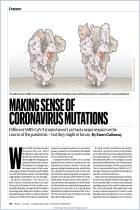
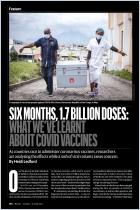
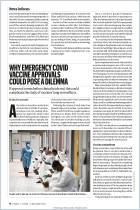
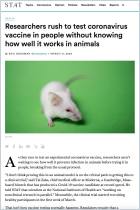
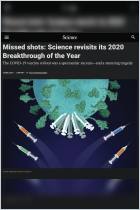


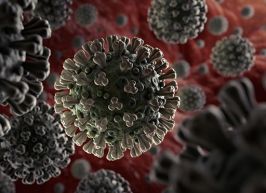


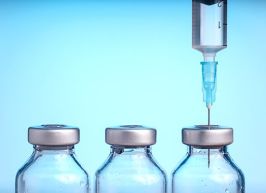
Comment on this summary